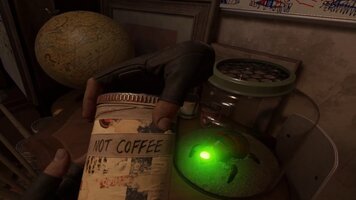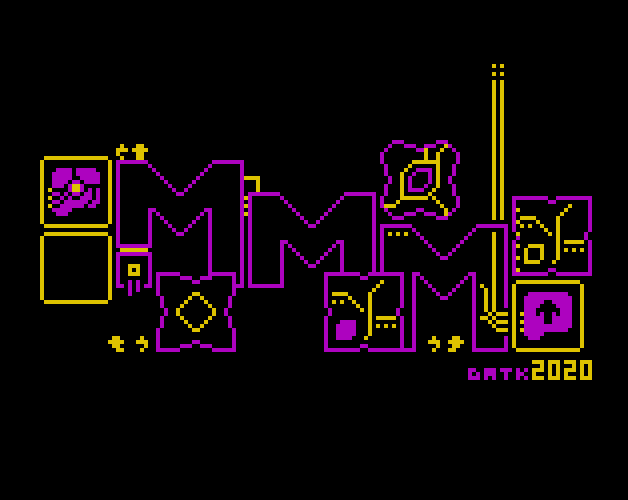I started playing Half-Life Alyx. I bought it when it came out but never had a good setup for playing it. Now I have a good enough setup and a bit of spare time to play.
As people might know already, I worked on a few VR projects but those were stand-alone Android VR applications. Those I develop on the PC and build to run on the VR headset. Now I use my PC for streaming wireless to my VR headset.
So I'm familiar with the mechanics of playing in VR, including games I played on the PSVR.
Half-Life Alyx makes me feel somewhat like playing the original Half-Life for the first time. The way you can be pulled into a game like you can be when really being involved in a story from a book or a movie.
I don't have that feeling much, I have too many games I guess. Last time I had a similar feeling was with GTA 4, where I had the feeling I moved to the US and entered a brand new city to explore (quickly killed that feeling by having cops chase me for no good reason and shoot me, although that might sound like the feeling some people have about reality also).
Although it also feels like HL:Alyx is a transitional game, initially developed with non-VR tooling, methods and ideas and during reprogrammed to fit VR concepts. While it does feel like a full VR game experience, there are some strange things that can break the immersion. Like the super thick glass, objects floating or collisions, walls not always aligning so light can shine through, all the static objects and object placements, and more. And for some reason some objects feel too big, I've had this feeling in multiple VR games. And as with any game, but especially VR, I would like more interactive objects. HL:Alyx does have nice drawers and doors you can open and close, even with your gun or open-hand, sometimes this feels not used much. This is one of the things making me feel like the game was designed and build on a regular PC and not in VR.
They also have some reference to things older players will recognize, like a 3DFX 3D card, or floppies. But if you look at the PC next to the floppy it only has a CD-drive and at the back it has USB-ports (so not an old school PC with floppy drive and DIN/PS2/serial/parallel ports). Who knows, the floppy drive might have been hidden by the cover on the tower PC. But those assets are static, so you can't open and check. I understand you can't make everything interact, but in VR your just triggered more to check those things (at least I am).
Also the green from this Snarks head looks really nice in VR, like more light effects. And you can feed it to, which is nice. But it's also the only thing you can do so it also directly makes you feel limited as it feels like a scripted event.

I haven't finished the game yet, I read it's about 16 hours of play and I'm somewhat a exploring slow player so I might take longer. If you ever have the hardware and physical room available to play I do recommend the experience.
And it's a game, nothing can happen to you in real-life obviously, but the experience in VR does make it more scary compared to the previous Half-Life games I played. Having more physical room to maneuver might help with that (I have ~2x2m of space).








